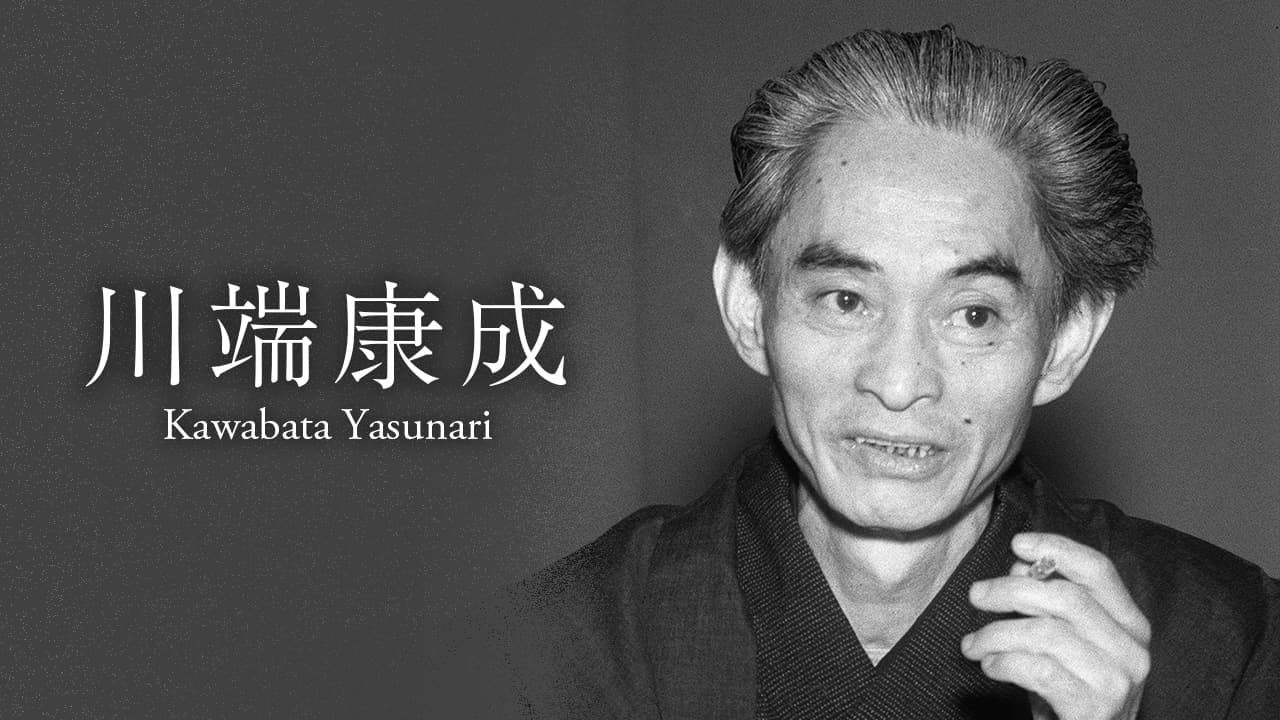直譯 VS 意譯?
由吳鳴的「秋光侘寂」多人談起「侘び寂び」—及川端康成諾貝爾獎演說(Yasunari Kawabata – Nobel Lecture )中的對應部分(日文、英文、中文).....「優雅古趣」,以及「寂靜、清瘦」的旨趣。但是,「和敬清寂」的茶道所尊重的「幽靜古雅」
https://www.facebook.com/hanching.chung/videos/637992728005199
某先輩問我「侘」字怎麽讀?立刻被考倒。雖然「侘び寂び」朗朗上口,還真不知道中文讀音為何?查了教育部網路辭典,才知道讀音「 ㄔㄚˋ」,大抵以「侘傺」出現,意為失意的樣子。原本意思和日文借用後的意思有些出入,其實這種現象在日文中有很多。
・
當年恩師坐在研究室拿著紙筆,為我這個來自亞熱帶、無法理解植根日本風土美學的留學生,不厭其煩說明日本文學中的美學,如「哀れ」、「をかし」、「幽玄」、「寂び」、「侘び」、「粋」等。.......
・****
吳鳴的「秋光侘寂」之解釋 自序
.....日本人認為秋日晴天最適合出遊,名曰「秋晴」,本書取名秋光,亦略具此意,蓋指秋日光影。「侘寂」來自日文(侘び寂び Wabi-sabi),是一種以接受短暫和不完美為核心的傳統日本美學,侘寂之美有時被描述為不完美、不恆常。原始概念源自佛教三法印,即無常、苦、空;一說侘寂起源於趙宋時期(960-1279)之道教,其後為佛教禪宗所吸納。最初,「侘寂」被視為一種簡樸、克制的欣賞方式。「侘」意為簡陋樸素的優雅之美,「寂」指時間易逝和萬物無常,兩者結合形成了日本文化獨有的美學境界。本書題旨傾向生命的簡陋素樸,蘊涵韶光易逝,萬物無常,此即書名《秋光侘寂》之命意,一種不完美的生命,涵泳樸陋之美。
我的生命情調是一抹灰,嚮慕日本茶聖千利休的利休灰,由紅、藍、黃、白四種顏色混合,表現簡樸而清純的思想。日子是安靜的,連聽的音樂都是。安安靜靜的音樂,安安靜靜的角落。心心念念玄奘法師圓寂時的遺言:願以所修福慧,回施有情。
本書收錄廿四篇文字,內容為生命書寫,惟並不以啟發人生為要義,更非心靈雞湯,而止於生命歷程之記事。
****
The Nobel Prize in Literature 1968
Photo from the Nobel Foundation archive.
Yasunari Kawabata
Prize share: 1/1
The Nobel Prize in Literature 1968 was awarded to Yasunari Kawabata "for his narrative mastery, which with great sensibility expresses the essence of the Japanese mind"
https://www.nobelprize.org/prizes/literature/1968/summary/
川端康成諾貝爾獎演說:日文、英文
Yasunari Kawabata – Nobel Lecture - NobelPrize.org
https://www.nobelprize.org › literature › l...
“I am living in a world of morbid nerves, clear and cold as ice… I do not know when I will summon up the resolve to kill myself. But nature is for me more ...
川端 康成 Kawabata Yasunari, 11 June 1899 – 16 April 1972)
川端康成 《日本的美與我》喬炳南譯,台北:臺灣商務,1970/1985 三版
學者‧英譯家 Edward Seidensticker(1921~2007)
川端康成諾貝爾獎演說:日文、英文
Yasunari Kawabata – Nobel Lecture - NobelPrize.org
https://www.nobelprize.org › literature › l...
“I am living in a world of morbid nerves, clear and cold as ice… I do not know when I will summon up the resolve to kill myself. But nature is for me more ...
川端 康成 Kawabata Yasunari, 11 June 1899 – 16 April 1972)
川端康成 《日本的美與我》喬炳南譯,台北:臺灣商務,1970/1985 三版
學者‧英譯家 Edward Seidensticker(1921~2007)
中譯者喬炳,只知道在日本任教(70~80年代),我未有進一步消息。
.....山水.....從庭園的意義,又引申為「優雅古趣」,以及「寂靜、清瘦」的旨趣。但是,「和敬清寂」的茶道所尊重的「幽靜古雅」指的當然是潛藏於「心」中的豐盛.......
..,In the Oriental word for landscape, literally "mountain water," with its related implications in landscape painting and landscape gardening, there is contained the concept of the sere and wasted, and even of the sad and the threadbare. Yet in the sad, austere, autumnal qualities so valued by the tea ceremony, itself summarized in the expression "gentally respectful, cleanly quiet," there lies concealed a great richness of spirit; ......

Kawabata Yasunari: Finding the Harmonies Between Literature and Traditional Art
https://www.nippon.com/en/japan-topics/b07216/
sere1
/sɪə/
adjective
LITERARY
- (especially of vegetation) dry or withered."small green vineyards encircled by vast sear fields"
threadbare
/ˈθrɛdbɛː/
adjective
- (of cloth, clothing, or soft furnishings) becoming thin and tattered with age."tatty rooms with threadbare carpets"
- (of a person, building, or room) poor or shabby in appearance."we huddle round a cassette deck in a threadbare rehearsal room"
- (of an argument, excuse, idea, etc.) used so often that it is no longer effective."the song was a tissue of threadbare clichés"
沒有留言:
張貼留言